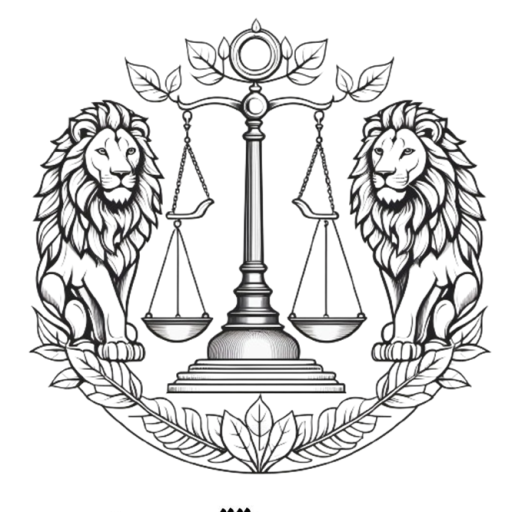Amirali R. Davoudpour
Iranian Canon of Medicine and Law, Administrative Wing of Law and Healing Association, Iranian Watchdog of Medicine and Law, Tehran-Iran
Email of the corresponding author: davoudpour@canmedlaw.org
Accepted and published November, 2024; DOI: https://doi.org/10.5281/zenodo.14173219
This article is published under CC BY 4.0 creative common license that Allows others to distribute, remix, adapt, and build upon the work, even commercially, as long as they credit the original creator.
Abstract
This article examines the principles of Platonic governance as articulated in The Republic (or Politeia), specifically the notion of the philosopher-king, and juxtaposes these ideals with the contemporary political systems of Iran and the United States. While the Islamic Jurisprudence conveys the principal message of transcendental guidance by the messenger of God, American focus on the authenticity of the two party governance necessitates a thorough investigation regarding the authenticity of both systems to find common grounds, weakness and strength. Plato’s framework emphasizes governance by philosopher-leaders committed to justice and truth, supported by a class-stratified society. While inspiring, these ideals also invite criticism, particularly when compared to modern democracies. The article evaluates the philosophical and practical implications of Platonic ideals, considering their resonance and divergence in theocratic and democratic contexts. While this article without any doubt remain open for revisions, the precedence in election of Donald Trump and his legal backgrounds as well as electoral engineering by monetary prizes to provoke voters remains a center of debate about the authenticity of the U.S presidential election in 2024
Keywords: Governance, Election, Plato
